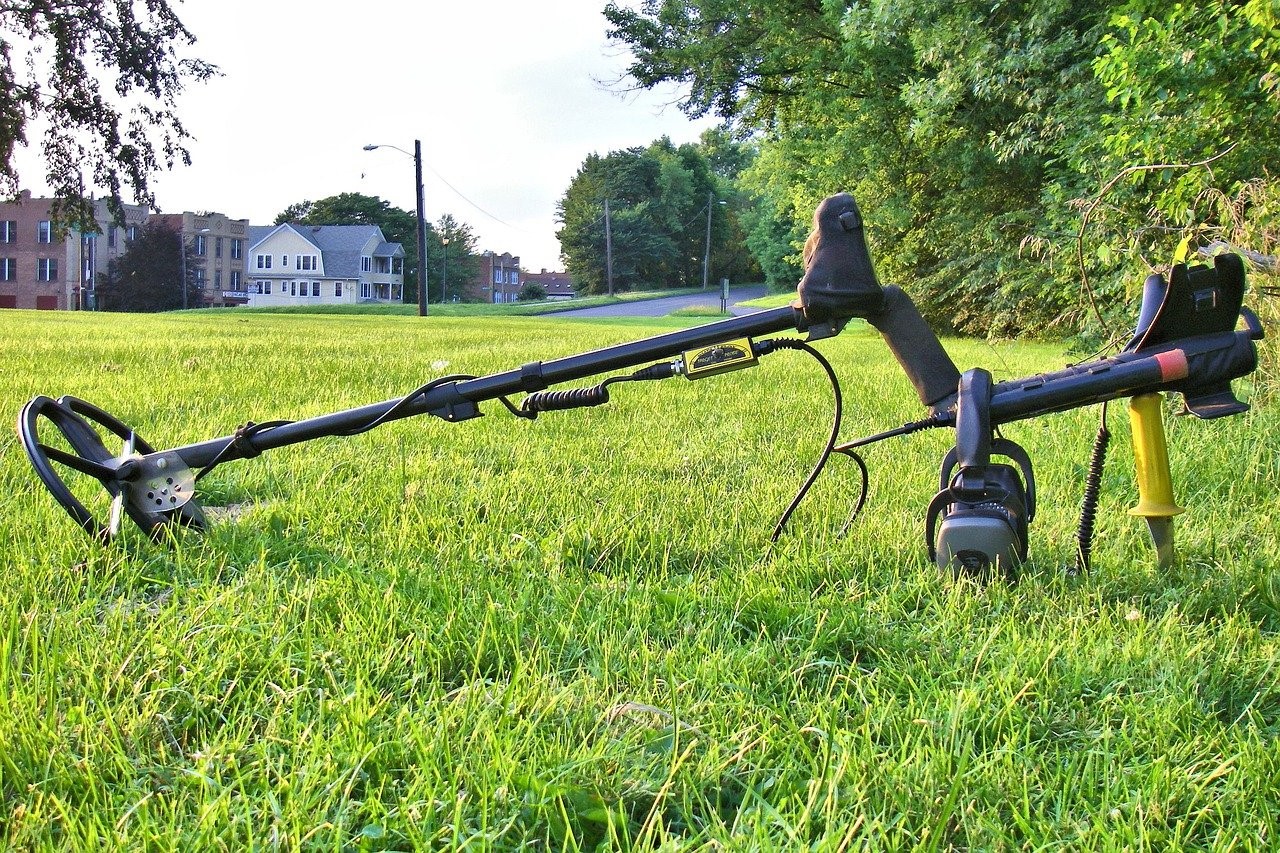The US is generally one of the leaders in all kinds of interesting hobbies and activities, and hobby metal detecting, as well as metal detecting for the sake of finding more serious finds, has been on the rise in recent years. Metal detecting as such is only gaining momentum because more and more people start opening the attractions of this entertaining activity as a hobby; for some, this hobby turns into something more serious.
Obviously, all these people need efficient machines to pursue their hobbies, and the majority can find out more about the best metal detectors on relevant websites and by reading reviews. Buying a metal detector from a distributor is easy but choosing the right metal detector is hard. And yet, we see more US detectorists joining the community, and spreading the word about it globally. So, why is this hobby so popular?
Why Is The Hobby Popular?
Metal detecting as a hobby has many advantages even for beginner-level detectorists, and many fall in love with it from the first detecting session, even if they found a couple of bottle caps. The benefits for newbies include:
- pastime outside
- can be pursued alone
- can be shared with friends
- a moderate physical exercise
- not much skill is needed to start
- new locations can be explored with use
- finding objects is fun
On the other hand, when the detectorist gains some knowledge and skills, learns to find more productive locations and starts spotting some valuable finds – they can be valuable from a different point of view – metal detecting brings a different level of excitement. It is fair to say that most people don’t get to that stage of metal detecting, but those who do mostly become detectorists for life and infect others with this passion.
Who Can Metal Detect for Fun?
Another beauty of metal detecting as a hobby is that different people can find metal detectors, spots, and objects for their fun and entertainment since metal detecting has a very wide range of ages allowed. Kids can start treasure hunting from the age of around 10 or so, teenagers can do metal detecting for sure, and men and women of different heights and weights can definitely join the hobby anytime in life.
There are very few physical conditions that can prevent the person from hobby detecting, because no specific physical strength or skills are necessary, just basic stamina and the ability to spend several hours on foot.
What Items Can Be Found?
The list of various items that can be found due to hobby metal detecting is impressive, and most importantly, the treasure hunter can have minimal skills and just be lucky enough.
Most often, the type of objects that can potentially be found depends on the location and the technical specifications of the metal detector. For example, you can find coins, modern watches, and modern jewelry in the parks, on the streets, on the beach, on the river banks, and in the shallow water at the seaside. In the fields and forests, you are more likely to find coins and relics.
Depending on the features of the metal detector, you may be able to spot smaller rings and necklaces, gold and silver, or bigger relics that lay deeper underground. Also, different states have different perspectives on the finds depending on their historical past, so this is also something to keep in mind.
Where Do the US Citizens Metal Detect?
Most often, people tend to start metal detecting in their own yard or garden, and then move to the public parks, beaches, forests, and river banks. To search for the finds effectively, it makes sense to check out the history of the locations available, to understand whether there could be relics or ancient coins, or all you can count on is a modern gold ring lost by a careless person.
Treasure hunters who are more experienced may start searching on the streets, in shallow and deeper waters, and in specific fields where battles took place in the past. However, it is necessary to make sure that hobby detecting in public places is allowed by the state legislation, and if the owner of the land doesn’t mind.
Final Thoughts: Is Hobby Metal Detecting on the Endangered List?
Today, some say in the US that hobby metal detecting slowly fades away, and there are some objective reasons for this. Firstly, the legislation generally grew more limiting in the majority of states. Secondly, more detecting clubs and associations were created, and these clubs watch carefully to prevent hobby detecting by people who are not part of the community. And eventually, some locations have simply been oversearched.
